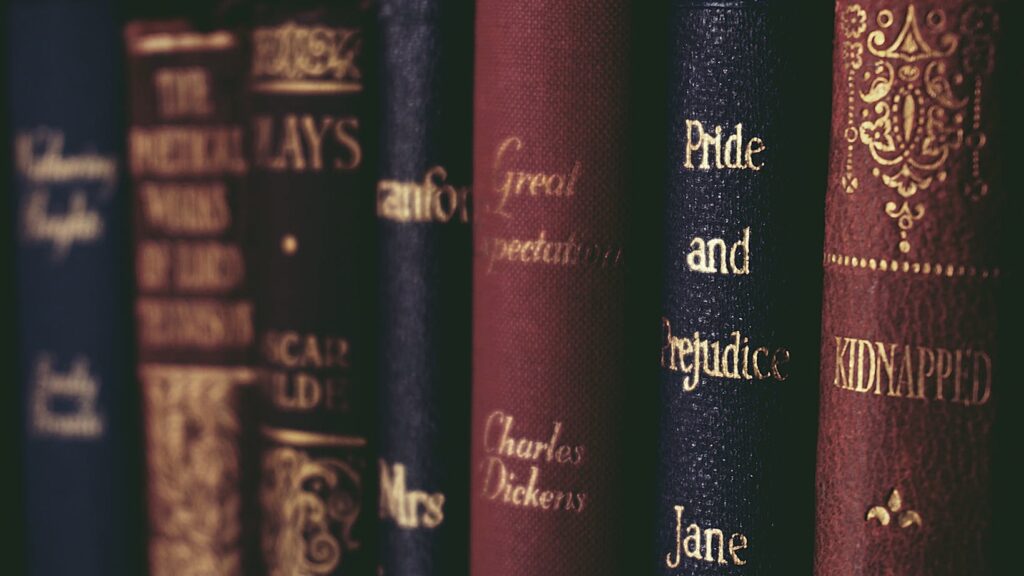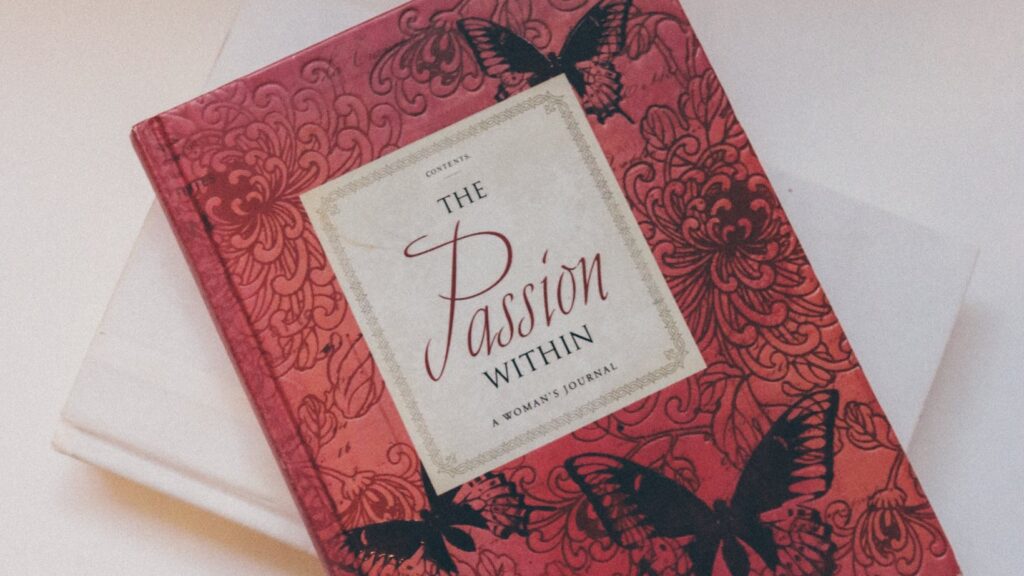Unraveling the world of literature is like embarking on a journey, where each turn uncovers a new theme, a fresh perspective. Different themes in literature act as the heart of the story, pumping life into characters and plots. They’re the underlying messages that authors hope to convey, the invisible threads weaving stories together.
Table of Contents
ToggleDifferent Themes in Literature
An exploration into literature reveals an array of themes resonating deep within each story. Expect to discover a variety of narrative flavors, unmasking the elements that lead to profound experiences for readers.
The Quest for Identity
In literature, authors often grapple with the theme of identity. This theme engages readers, letting them connect through empathetic experiences, shared dreams, and unfulfilled hopes.

Famed novels like J.D. Salinger’s “The Catcher in the Rye” or Sandra Cisneros’ “The House on Mango Street” touch on this aspect deeply. The protagonists in these narratives navigate their lives trying to make sense of their selves amidst chaotic, changing circumstances.
Love and Relationships
Arguably the most prolific theme in literature, love and relationships frequently take front row positions in many stories. Literary works such as Jane Austen’s “Pride and Prejudice” or Nicholas Sparks’ “The Notebook,” depict the complexities of affection and human connections. In these narratives, writers examine love—its power, vulnerabilities, triumphs and tragedies, offering readers poignant insights into the human heart. From star-crossed lovers to tales of unrequited love, these stories illustrate the multifaceted nature of these universal emotions.
Major Literary Themes and Their Importance
Good vs. Evil
Delving into ‘Good vs. Evil’, it acts as a recurring theme in literature, manifesting as a battle fought on an internal or external front. It finds its roots in ancient mythology and religious texts such as Hindu’s ‘Mahabharata’ or Christianity’s ‘The Bible’, encompassing the eternal struggle between the divine and demonic, virtuous and malicious. Presenting the forces of good and evil, authors mirror societal concerns, laying bare human nature’s duality. External conflicts might reflect on territorial disputes or wars, as in J.R.R. Tolkien’s epic saga ‘The Lord of the Rings’, where the battle against Sauron represents evil.
The Human Condition
Venturing into ‘The Human Condition’ theme, it uncovers a broad spectrum of human experiences, emotions, and dilemmas that transcend cultural and geographical boundaries. It dives underneath the surface of the human psyche, revealing joys, sorrows, challenges, victories, and defeats that mold the human spirit. The complexity of existence gets reflected through characters, as they navigate the course of life, combating adversities and celebrating happiness, thereby illuminating shared experiences that bind humanity together.
Themes Reflecting Social Issues
Class Struggle
Depicting divisions between societal classes, the theme of class struggle finds expression in a great number of literary works. This theme highlights the societal conflict caused by economic disparity and unequal distribution of resources. Novels such as “The Great Gatsby” by F. Scott Fitzgerald offer an incisive look at the impact of economic divisions. Through the character Jay Gatsby, Fitzgerald provides a critique of the American Dream. He portrays the struggle of a man trying to climb the social ladder but ultimately succumbing to the rigid class structure.
Race and Gender
Different themes in literature of race and gender trace the contours of societal prejudices, stereotypes, and inequalities. These themes aim to expose the systemic bias and discrimination inherent in societies.

Alice Walker’s “The Color Purple” touches upon both these themes. Walker centers her narrative around the life of Celie, a black woman coming of age in the racially segregated South of the early 20th century. Celie’s story vividly illustrates racial prejudice and gender discrimination, painting a stark picture of the deep-seated social issues.
All You Need To Know
Different themes in literature have evolved, reflecting societal changes and concerns. Traditional themes like love, courage, and redemption still captivate readers, while ‘Good vs. Evil’ and ‘The Human Condition’ continue to resonate. The emergence of themes in modern literature, such as technology’s impact and environmental issues, has sparked discussions and raised awareness.
